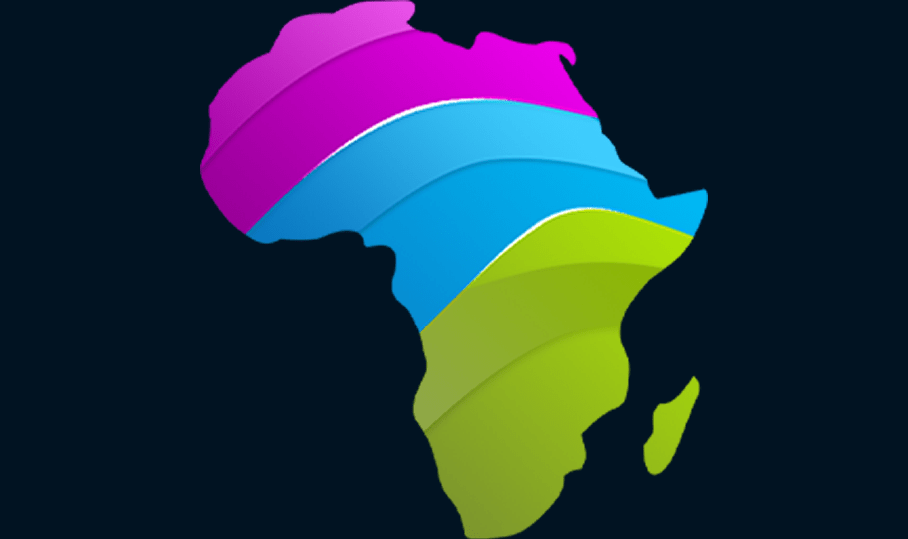The Africa Soft Power Series 2020

[13/08/2020]
Growing up, most of my heroes were American – I even had an American twang from watching too much MTV Base long before I stepped foot in the US. From Hollywood to brands like Apple and Nike, celebrities like Oprah, Beyonce, Kobe, and the Obamas, America continues to shine out to many as a beacon of positivity, precisely because of its diversity and soft power, and despite issues the country faces.
The dialogue on Africa is markedly different. The global news, and even our own, love to amplify the negative issues that face the continent, while often remaining silent on its successes. The onus falls on us as everyday Africans – and those of African heritage around the world – to challenge these negative stereotypes and build a better picture of our future. Now more than ever, we need an accurate and positive narrative to portray Africa, communicating its achievements and inspiring the next generation of young Africans not only on the continent but also around the world.
I am most passionate about two things: Africa and being an African woman, and over the past decade, I’ve been obsessed about using positive communications to propel both. At African Woman Board (AWB) the independent non-profit which I chair, we focus on advancing narratives to improve realities for African women and girls globally. And in my day job at RDF, we work regularly with businesses to help them redefine stories from and about the continent.
As CEO of Africa’s first music streaming app, Spinlet, I engaged firsthand with investors and tech industry veterans in places like San Francisco and Helsinki, where interest in African music had been ignited by artists like WizKid and Burna Boy and on separate occasions at Cannes and in Harlem, I was sought out by Japanese and German DJ’s with ‘African accents, who dreamed one day of hanging at ‘the shrine’.
Music, art, film, fashion, and all creative mediums are unified by a common theme: their ability to powerfully communicate, and engage people through narrative. Beyond the creative sector, brands and businesses would do well to understand that there is a direct correlation between on-going stories of African success, and the continent’s ability to attract money, and increase individual country-level GDP.
Proudly African, I believe in our ability to change our prospects through our creative power; and as the African saying goes “Until lions have their own historians, tales of the hunt shall always glorify the hunter.” Whether we love Beyonce or we are precious, one thing we cannot deny, she’s got the world talking Black is King and that’s more than any man or woman has done – as a deliberate strategy. This is what The Africa Soft Power Project is about.
I created the Africa Soft Power Project because I am passionate about using Africa’s soft power to transform her trajectory. And I found a kindred spirit in the extraordinary Obi Asika who is equally passionate about Nigeria and the continent, even though he may just be a tad crazier about our “village” Onitsha, a town by the River Niger which was “discovered” by the Scottish explorer, Mungo Park. My team at RDF have been equally phenomenal and our partners have jumped in without asking questions because we are all united in the understanding that we cannot allow the world to keep telling destructive stories about black people.
Along with the pandemic, George Floyd’s murder has exposed the real underbelly of racial prejudice and injustice globally. But these terrible things can also be an opportunity for rebirth. How do we emancipate ourselves from mental slavery caused by centuries of being told we were less? How do we reverse the stereotype, redefine the narrative? How do we cease this moment in history to build a true bridge between Africa and our African Diaspora in Brazil, in Cuba, in Haiti, in Jamaica, in the UK, in Europe, in America and everywhere? How do we use Soft Power to transform Africa’s trajectory for the benefit of all black people? We are convinced that, ultimately, when Africa is king, black people everywhere are stronger.
Yours truly,
Nkiru Balonwu
